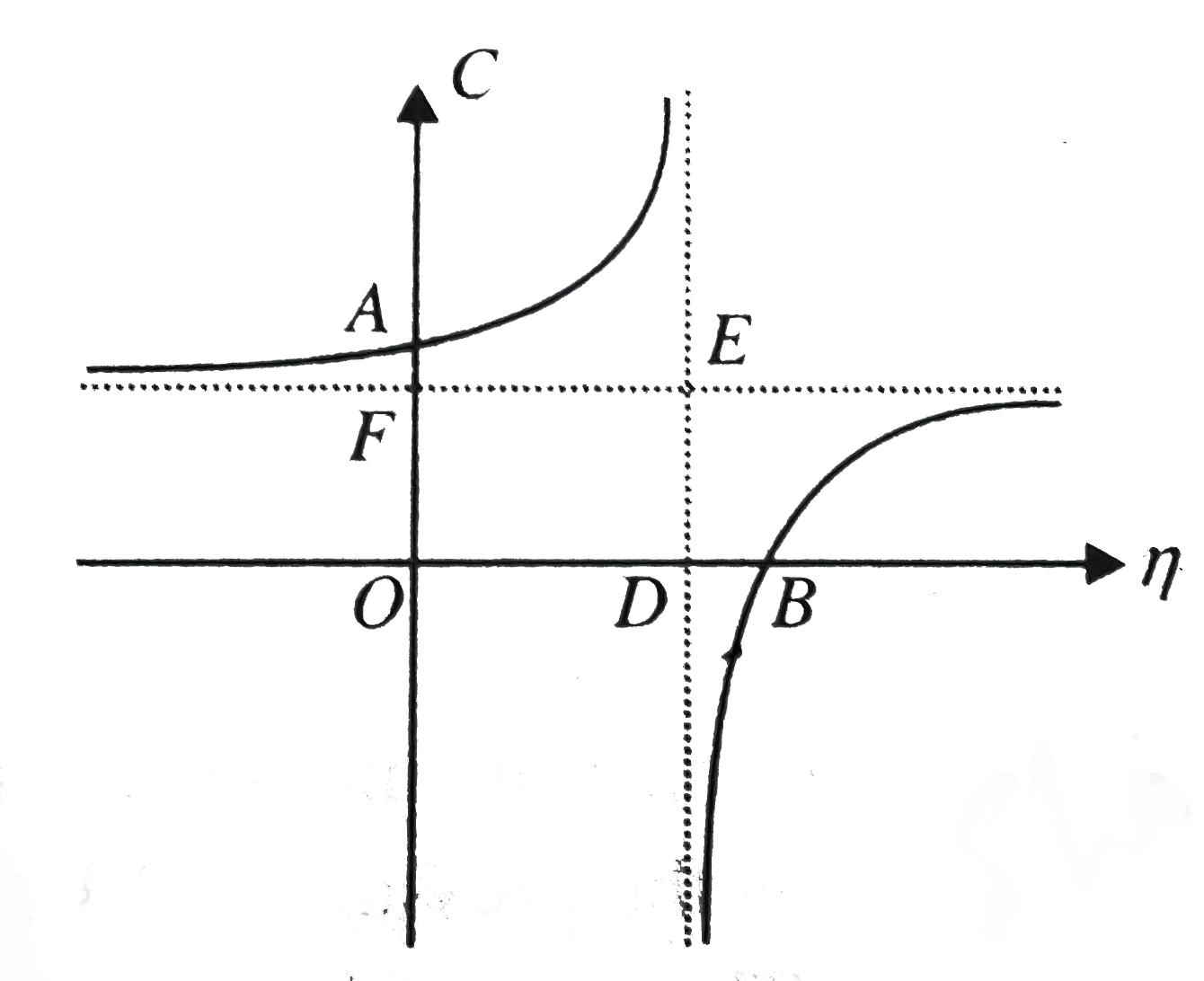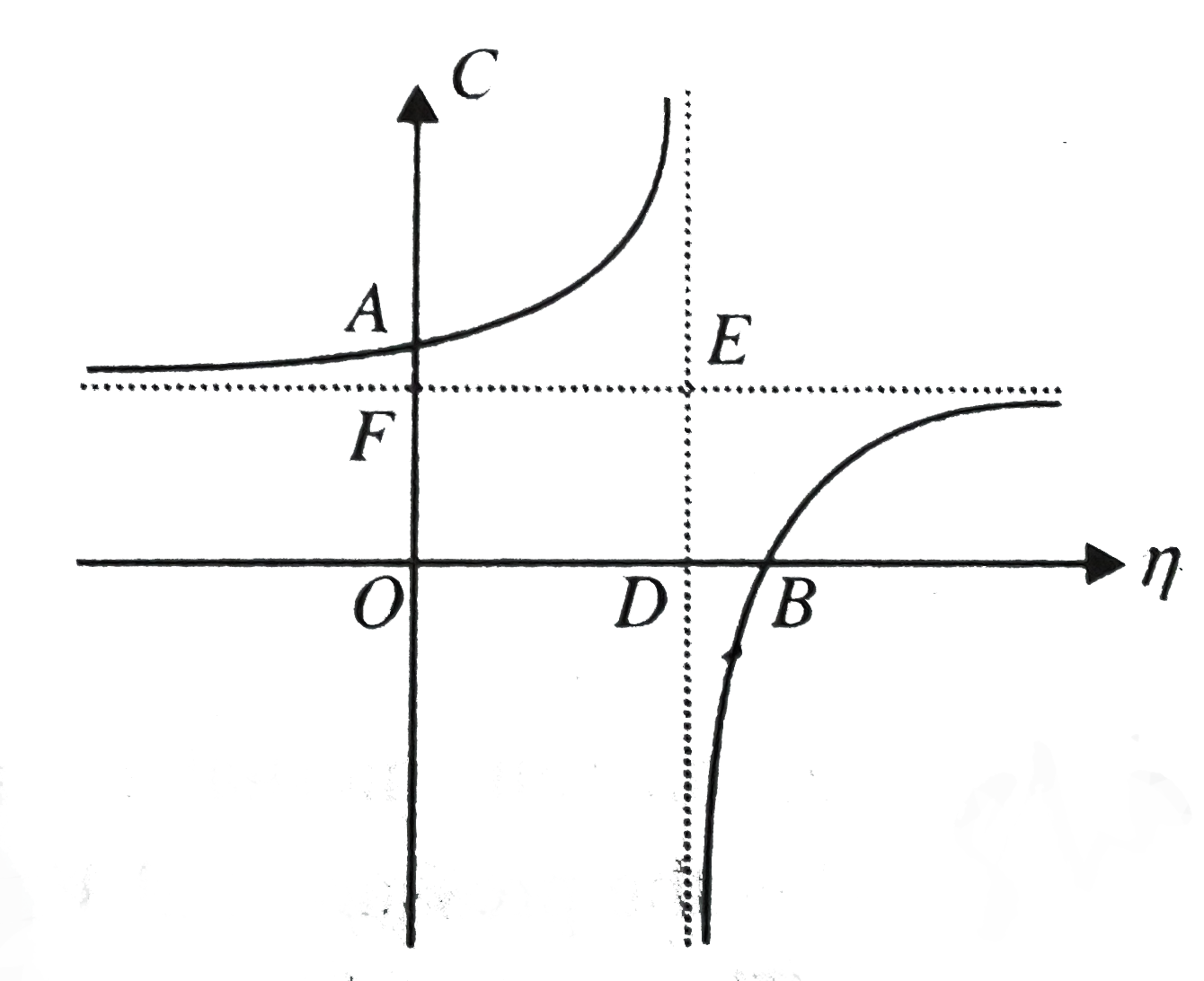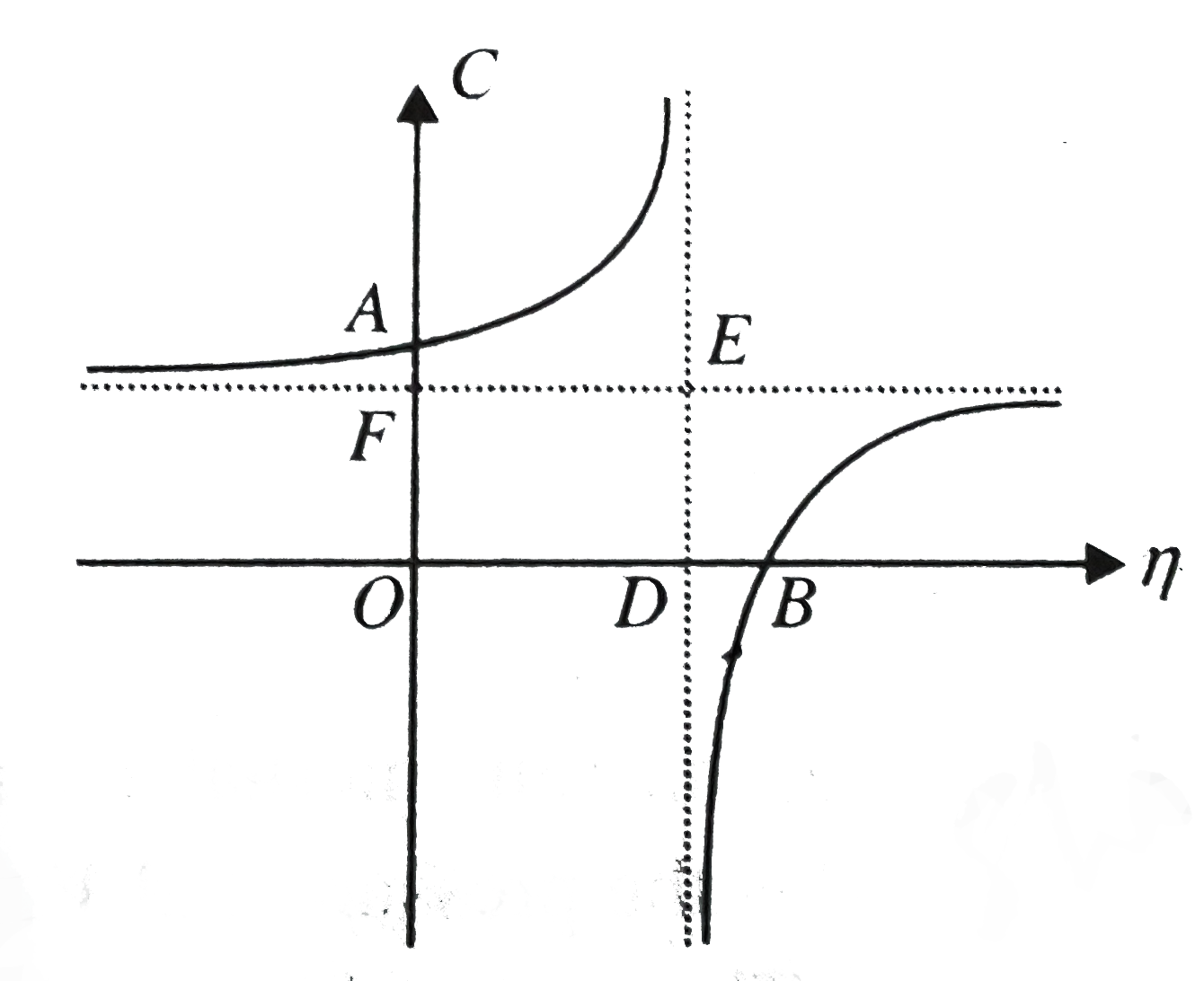Demonstrate that the process in which the work performed by an ideal gas is alphaortional to that corresponding increment of its internal energy is decribed by the equation pVn−const, where n is a constant.
The correct Answer is:NA
Step by step video, text & image solution for Demonstrate that the process in which the work performed by an ideal gas is alphaortional to that corresponding increment of its internal energy is decribed by the equation p V^n - const, where n is a constant. by Physics experts to help you in doubts & scoring excellent marks in Class 11 exams.
Topper's Solved these Questions
Similar Questions
An ideal gas is compressed at a constant temperature, will its internal energy increase or decrease?
View SolutionAn ideal gas with the adiabatic exponent γ undergoes a process in which its internal energy relates to the volume as u=aVα. Where a and α are constants. Find :
(a) the work performed by the gas and the amount of heat to be transferred to this gas to increase its internal energy by ΔU ,
(b) the molar heat capacity of the gas in this process.View Solution
Knowledge Check
- Question 1 - Select One
A process in which work perfomed by an ideal gas is proportional to the corresponding increment of its internal energy is described as a polytropic process. If we represent work done by a ppolytropic process by W and increase in internal energy as ΔU then
W∝ΔU
or W=K1ΔU ...(i)
For this process, it can be demonstrated that the relation between pressure and volume is given by the equation
PVη=K2 (constant ) .....(ii)
We know that a gas can have various values for molar specific heats. The molar specific heat 'C' for an ideal gas in polytropic process can be calculated with the help of first law of thermodynamics. In polytropic process process the variation of molar specific heat 'C' with η for a monatomic gas is plotted as in the graph shown.

In the graph shown, the y− coordinate of point A is ( for monatomic gas )A1<η<23B1<η<83C1<η<53D23<η<83 - Question 2 - Select One
A process in which work perfomed by an ideal gas is proportional to the corresponding increment of its internal energy is described as a polytropic process. If we represent work done by a ppolytropic process by W and increase in internal energy as ΔU then
W∝ΔU
or W=K1ΔU ...(i)
For this process, it can be demonstrated that the relation between pressure and volume is given by the equation
PVη=K2 (constant ) .....(ii)
We know that a gas can have various values for molar specific heats. The molar specific heat 'C' for an ideal gas in polytropic process can be calculated with the help of first law of thermodynamics. In polytropic process process the variation of molar specific heat 'C' with η for a monatomic gas is plotted as in the graph shown.

In the graph shown, the y− coordinate of point A is ( for monatomic gas )A3R/2B5R/2C7R/2D4R - Question 3 - Select One
A process in which work perfomed by an ideal gas is proportional to the corresponding increment of its internal energy is described as a polytropic process. If we represent work done by a ppolytropic process by W and increase in internal energy as ΔU then
W∝ΔU
or W=K1ΔU ...(i)
For this process, it can be demonstrated that the relation between pressure and volume is given by the equation
PVη=K2 (constant ) .....(ii)
We know that a gas can have various values for molar specific heats. The molar specific heat 'C' for an ideal gas in polytropic process can be calculated with the help of first law of thermodynamics. In polytropic process process the variation of molar specific heat 'C' with η for a monatomic gas is plotted as in the graph shown.

In the graph shown, the y− coordinate of point A is ( for monatomic gas )A7/5B5/3C2/3D8/3
One mole of an ideal gas at initial temperature T, undergoes a quasi-static process during which the volume V is doubled. During the process the internal energy U obeys the equation U=aV(3) where a is a constant. The work done during this process is-
View SolutionIf an ideal gas does the work of expansion solely at the cost of its internal energy, the process is
View SolutionAn ideal diatomic gas is expanded so that the amount of heat transferred to the gas is equal to the decrease in its internal energy.
The process can be represented by the equation TVn= constant, where the value of n isView SolutionAn ideal gas expands according to the law P2V = constant . The internal energy of the gas
View SolutionIn a thermodynamic system working substance is ideal gas, its internal energy is in the form of
View Solution

